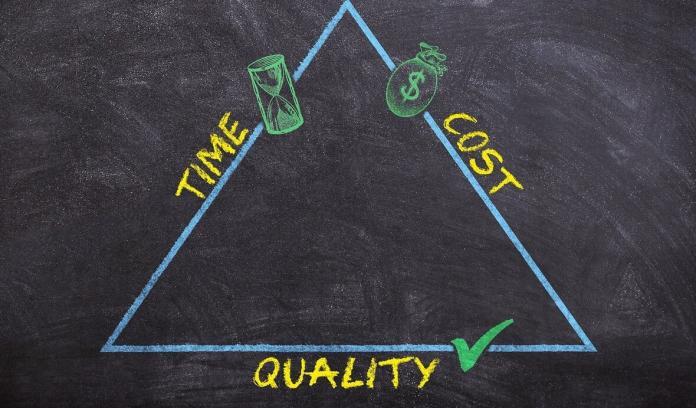Over the past few years, the idea of a smart home has become more and more well-known. A “smart home” is a residence that has technology installed that enables the owner to manage many aspects of the property from a smartphone or tablet, including lighting, heating, and security. The concept of a smart home may be alluring, but before making the transition, it’s necessary to weigh its possible advantages and disadvantages. We will look at the benefits and drawbacks of moving to a smart home in this article.
Advantages of smart homes
Higher convenience-
The convenience that a smart home offers is one of its main advantages. You can manage all of your house’s operations with a single app on your smartphone or tablet if you have a smart home system. This means that you can lock the doors, change the thermostat, and switch off the lights at any time, from anywhere.
Power savings-
By incorporating green technologies like smart thermostats and automated lighting, a smart home system may help you lower your carbon impact. Through a smart home system, you can significantly raise your heat pump’s energy efficiency and lower energy costs by routinely checking and replacing the air filter. By using real-time energy usage data, such as the condition of the air filter for the heat pump you may also make more educated choices about your energy use.
Greater home security-
The ability to remotely monitor your house thanks to smart home technologies can increase its security. You are able to lock or unlock doors remotely, see live video feeds from your security cameras, and get notifications when someone enters your house. You may feel at ease knowing that these features are keeping your family and house secure.
Automating your home-
Automation of many duties is another advantage of a smart house. For instance, you may program your lights to automatically switch on and off based on a schedule or when you enter or leave the room. Additionally, you can automate your blinds, curtains, and even appliances. Your everyday routine may be made simpler and you can save time as a result.
Increased value of homes-
The value of your house may go up if you invest in a smart home system. Coldwell Banker found that 45% of prospective buyers are ready to spend extra for a home with smart technology. A smart home system may also increase your house’s appeal to potential buyers, which might speed up and increase the price of your home sale.
Problems with smart homes
Cost-
Cost is one of the main disadvantages of a smart home. If you want to outfit your entire home with the most recent technology, smart home systems may get very pricey. There can also be continuing expenses, including monthly fees for monitoring and upkeep.
Complexity-
Additionally, smart home systems can be complicated and challenging to install and maintain, smart home systems can be. The cost of hiring a professional to install and configure your system may increase if you lack technical know-how. Furthermore, if something goes wrong with your system, it might be challenging to diagnose and fix.
Technology dependence-
The dependency on technology in a smart home is another possible negative. You might not be able to control the many aspects of your house if your system fails. To stay up with the most recent technology, you would also need to spend money on new systems or equipment if the current technology becomes outmoded or obsolete.
Privateness issues-
Privacy issues might also be brought up by smart home technology. There is a chance that unauthorized people might obtain data about your activities and interests because the system gathers and maintains this information. Additionally, there is a chance that hackers will access your system and take over a number of home features.
Issues with compatibility-
Finally, there may be compatibility issues between smart home systems and other systems and devices in your house. You could need to make an additional investment in equipment or decide between the two systems, for instance, if your home security system is incompatible with your smart home system. It may take more time and money to fix this, which is annoying.
Is a smart home the best option for you
You might be unsure of whether a smart home system is best for you after weighing its advantages and disadvantages. Your personal tastes, way of life, and financial situation all have a role in the response to this question. A smart home system could be a good investment if you value comfort, energy efficiency, and increased security. However, you might want to stick with conventional systems if you are worried about the price, complexity, and potential privacy and compatibility issues. It’s crucial to conduct research and pick a reliable supplier if you decide to spend money on a smart home system. Choose a supplier that offers high-quality hardware, dependable customer service, and open pricing. Before making a purchase, make sure to read the small print and comprehend any ongoing fees or contracts.
Conclusion
A smart home system, therefore, offers many benefits, such as comfort, energy savings, increased security, home automation, and better property values, but it also has drawbacks, such as cost, complexity, privacy concerns, and compatibility issues. The right smart home system for you will ultimately depend on your preferences, way of life, and financial circumstances.
You may also want to read,







